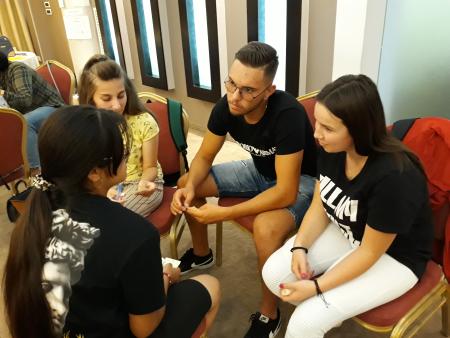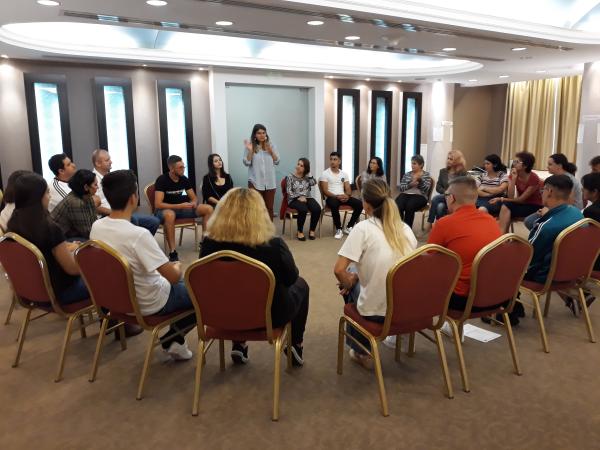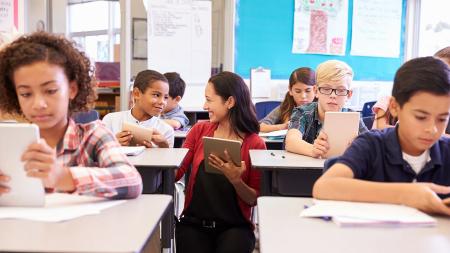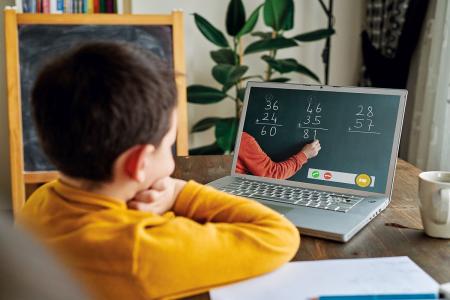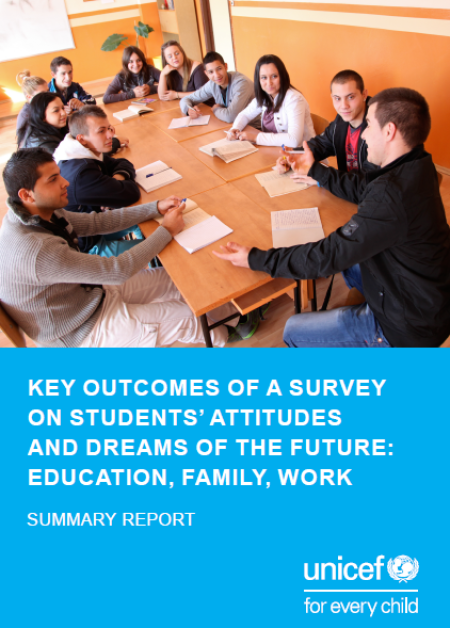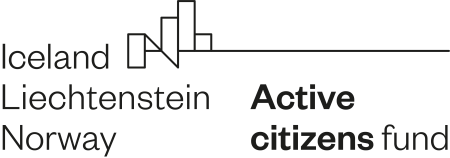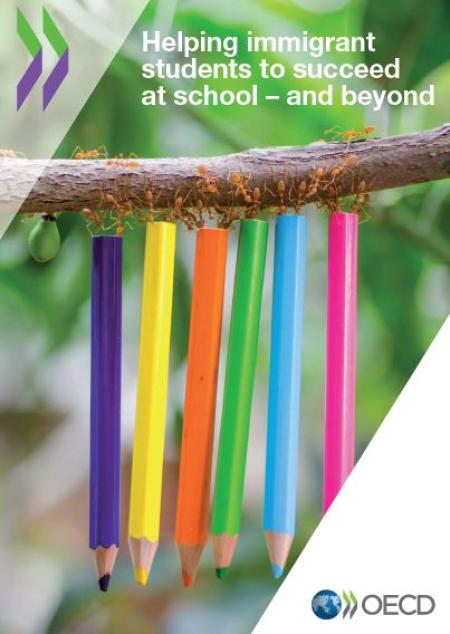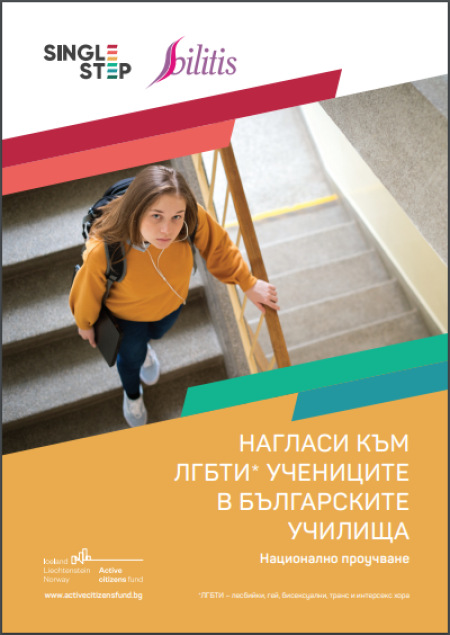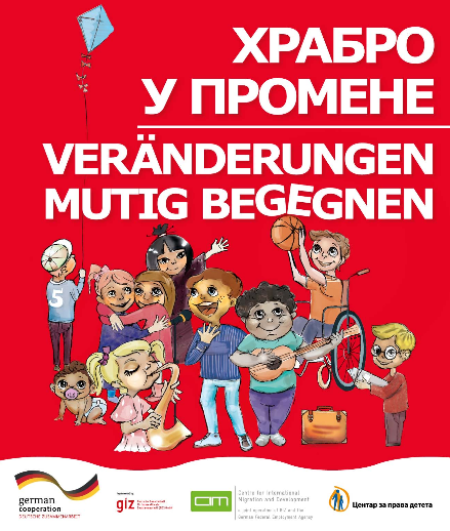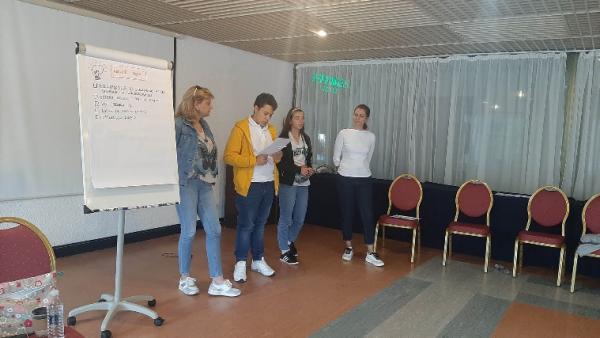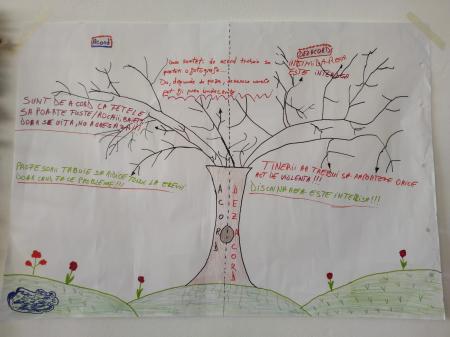
„It’s all about someone’s behaviour. If he is arrogant, his colleagues will avoid him and he will feel insecure”, a 10th grade student explained. A specific behaviour will attract emotional insecurity. This is one of the conclusions drawn by the participants in the REVIS training course on 2 September 2022.
The training course was held in Bucharest, within the REVIS project - “ Responding to peer violence among children in schools and adjacent settings”, and brought together 24 teachers and students from the 10 high schools involved in the project (selected from Dolj, Olt, Bacău and Gorj counties of Romania).
Emotional insecurity in schools was widely discussed at the training course. The causes are multiple, as the participants found out, ranging from prejudices (apriori), labelling, exclusion from the group, judgmental colleagues, to verbal and physical violence. „The way we are treated by the others makes us feel secure or insecure”, the students confessed during the training session. They built a map of emotional insecurity in their school, identifying the areas (classroom, sports field, passageways, school principal office) where they feel emotionally secure or insecure.
During the course session, the participants tried to identify concrete forms of violence noticed or experienced by themselves in school. They admitted they witnessed various forms of intimidation, threats, insults, denigration on social networks, bullying, labelling, humiliation among students from wealthy families and students from poor families, verbal and physical aggression. Usually, the conflicts start on Whatsapp or social network and continue in school, the participants explained.
The working groups selected a form of violence that was more frequent in their high schools and presented it to all participants, along with potential solutions. „In secondary school I had some colleagues who used to hide my notebooks when I went out during breaks, or tear written homework pages from my notebooks. I remember once I got an F grade for not doing the homework, although I had done it, and it was unfair. I could not talk to the head teacher because she used to teach history during the educational class. I tried to put on paper all my problems along with some explanation, in order to hand it over to the head teacher, but it did not work .... In high school, things changed for the better ... I think the solution would have been more communication and less arrogance”, a 11th grade student confessed.
The above training activity was very useful because the students groups learnt how to listen to violence testimonials experienced by other colleagues, and not judge, invalidate or label them, while their colleagues learnt how to tell about their painful experiences and not revictimize themselves.
Among other goals, the training course sought to prepare the students and teachers for the next programme stage, where they are supposed to organise workshops with student groups from their high schools and initiate creative projects with social impact (theatre plays, photo exhibitions, short videos, wall painting, etc.). Through these projects, the students will try to convince their colleagues to change negative social and gender norms in their high schools and thus reduce violence in schools. These creative projects will be led by teenagers and conceived within 6 workshops this autumn. When finalised, the projects will be sent to Terre des hommes Foundation who will offer the students some funds for project implementation, which will be during November 2022 – January 2023.
REVIS project is aimed at preventing, combating and responding to peer violence among children through transforming social and gender norms and behaviours, and creating space for children to challenge social and gender norms that lead to peer violence and propose solutions to conflicts.
REVIS project has been implemented in Romania by Terre des hommes Foundation since 2021 and it is co-financed from “Rights, Equality and Citizenship” (2014-2020) Programme of the European Union.


